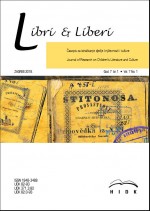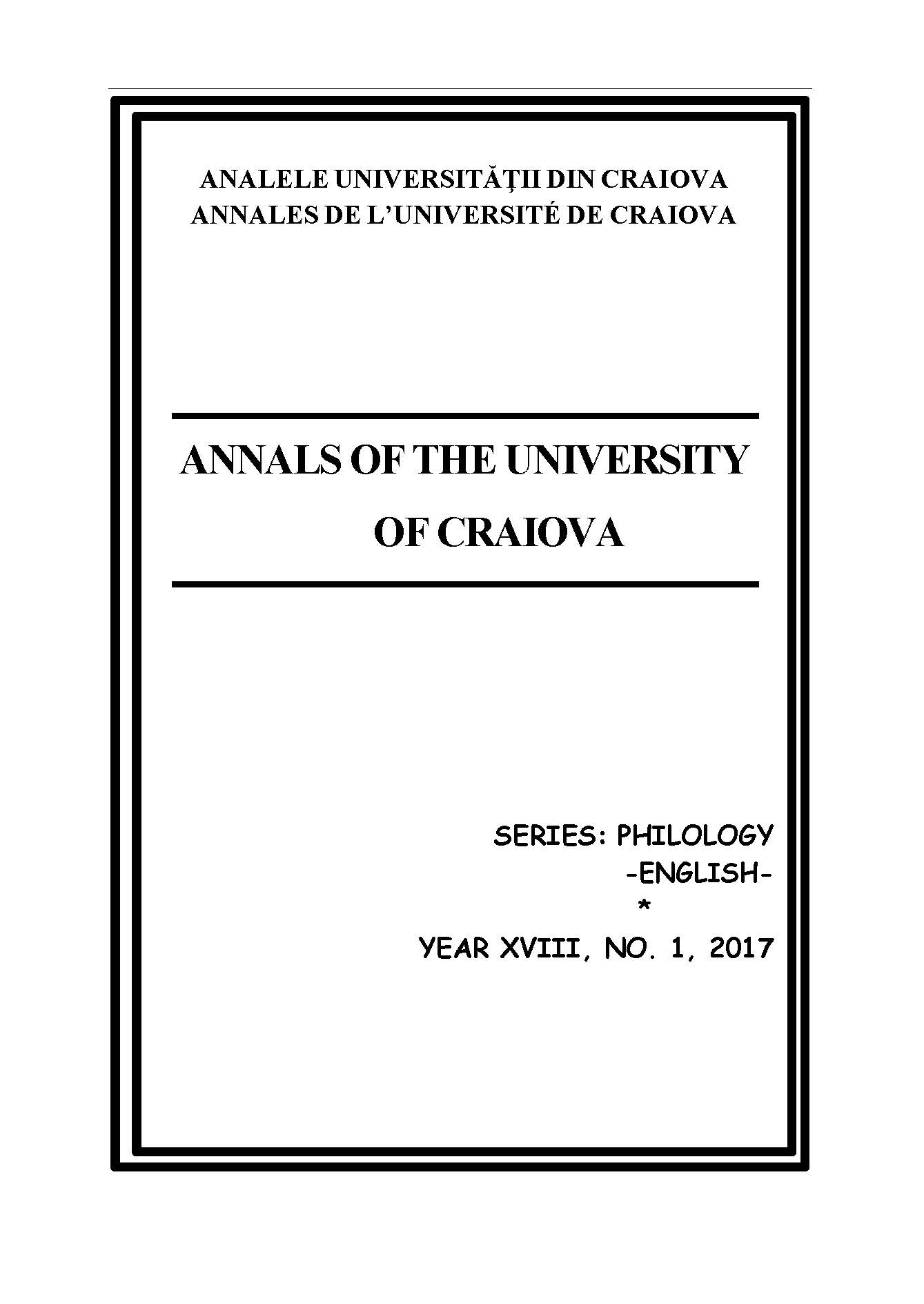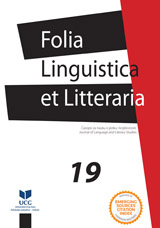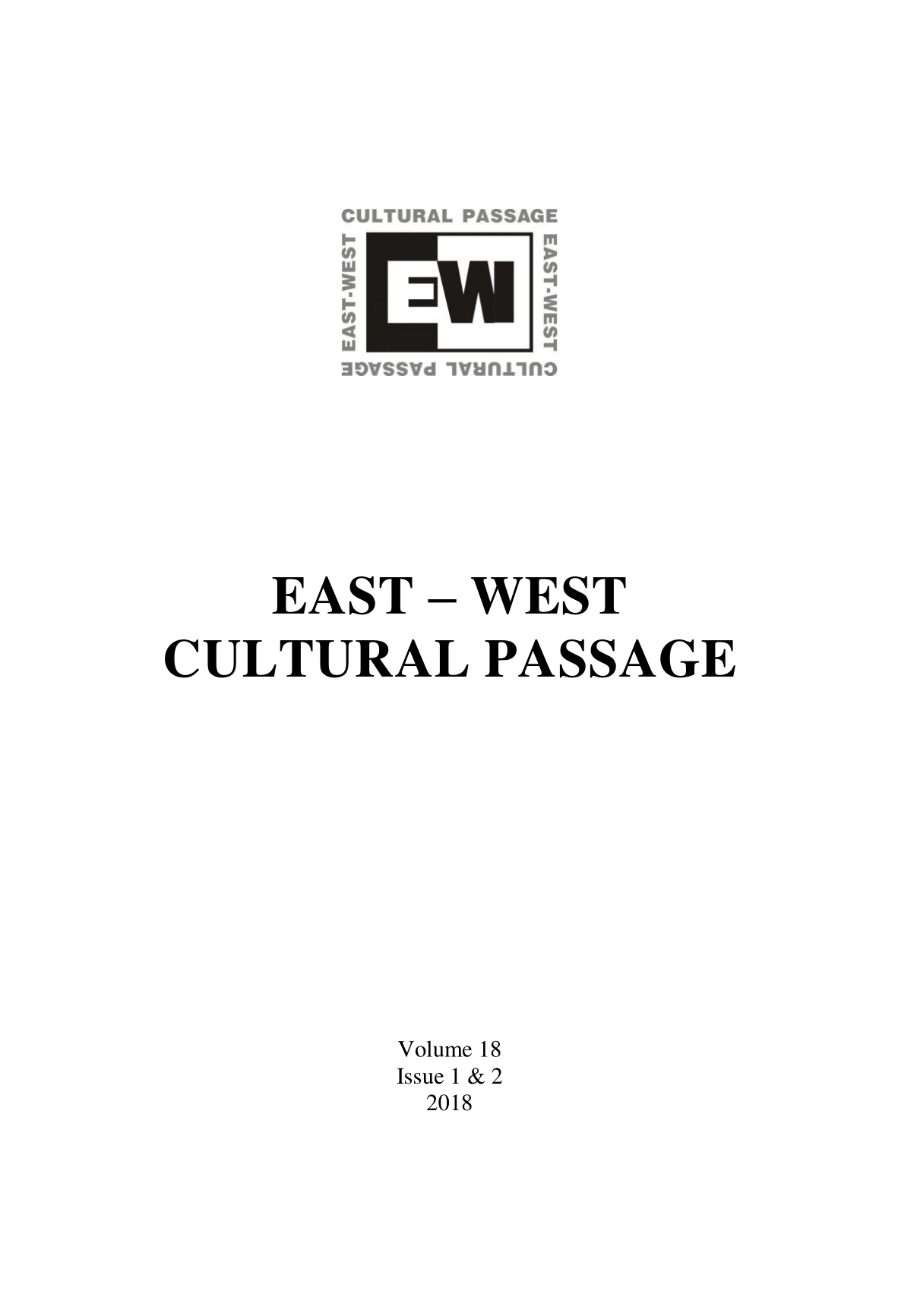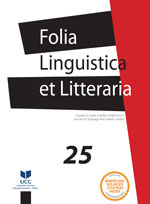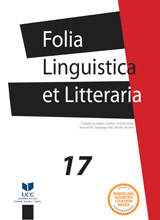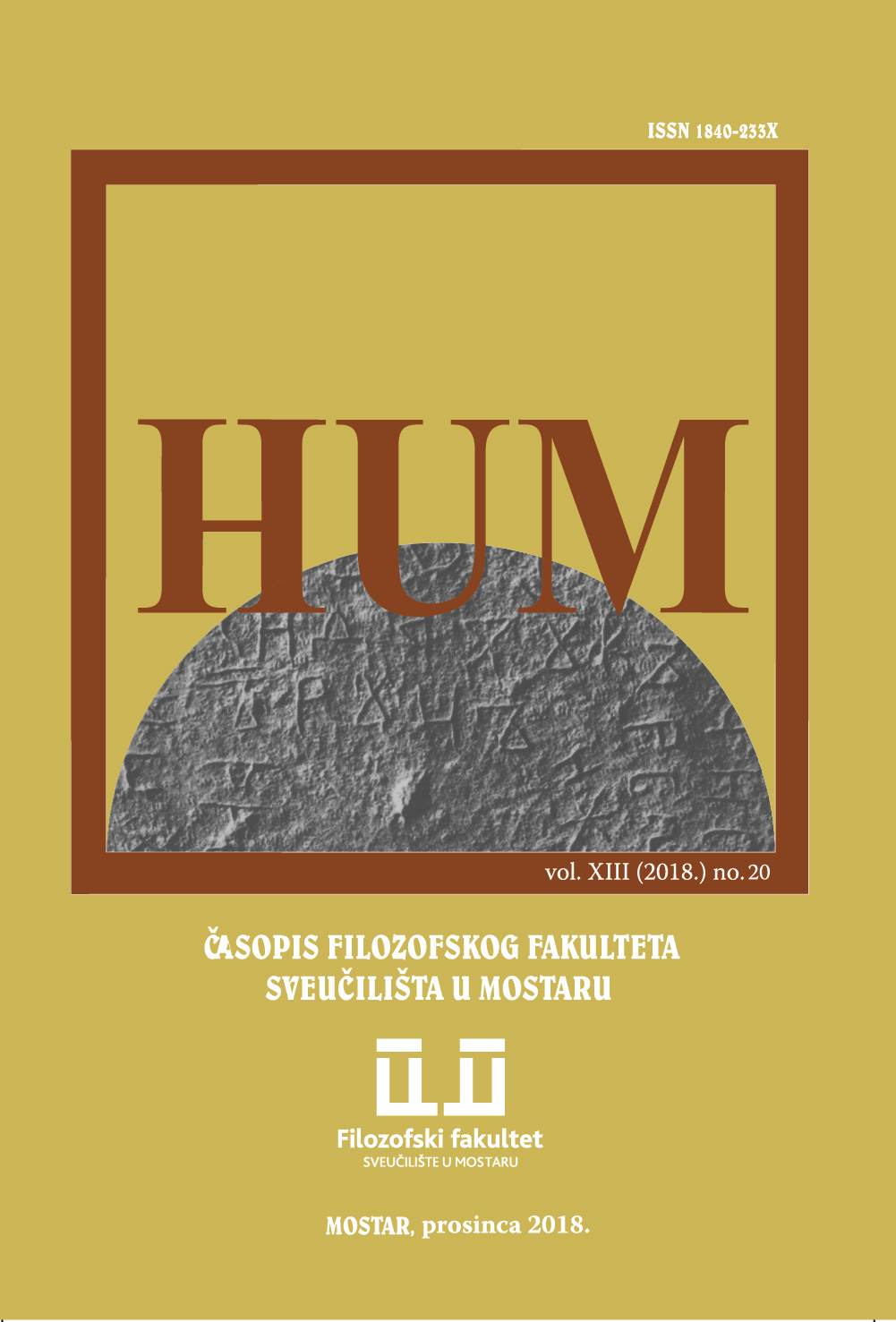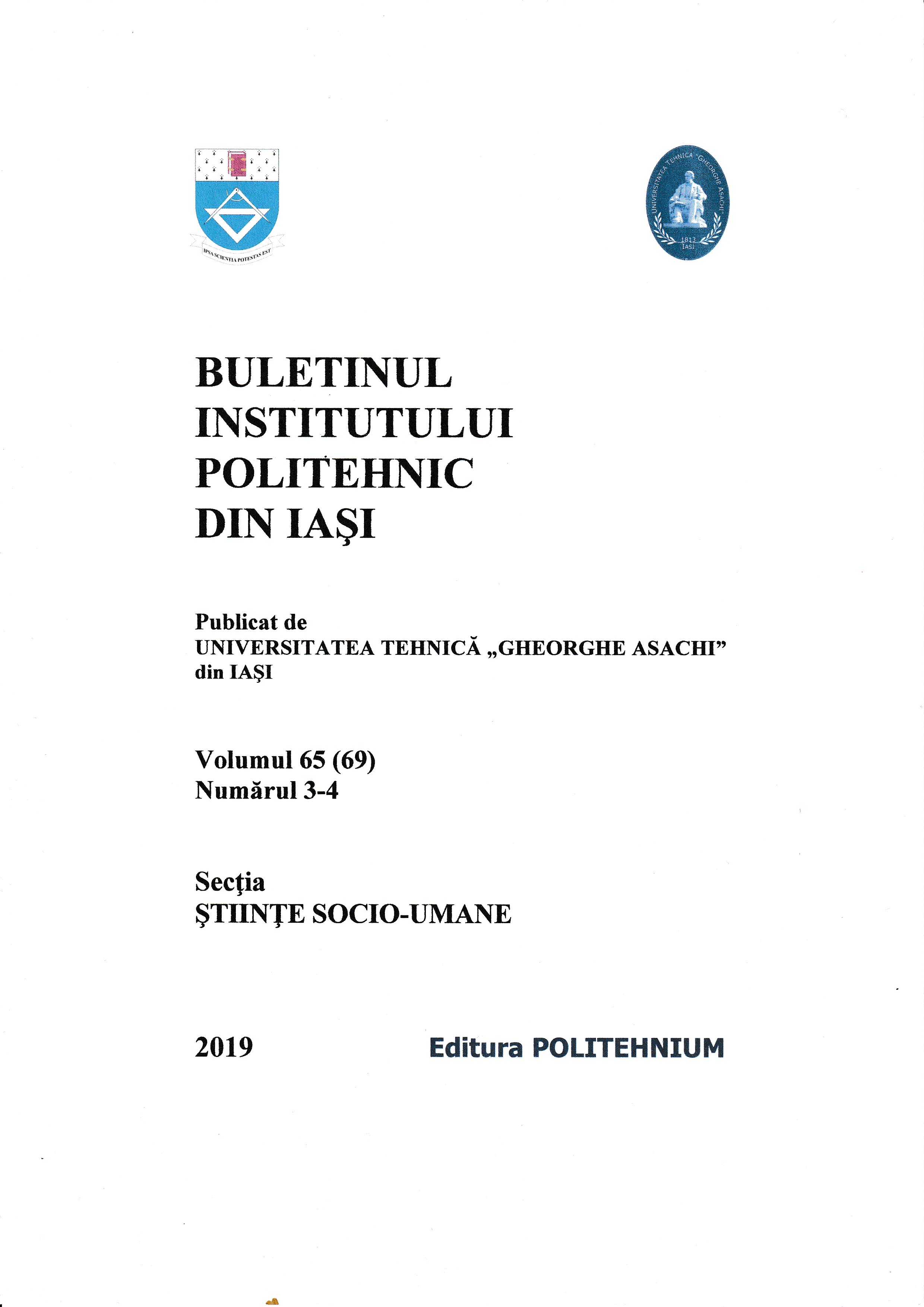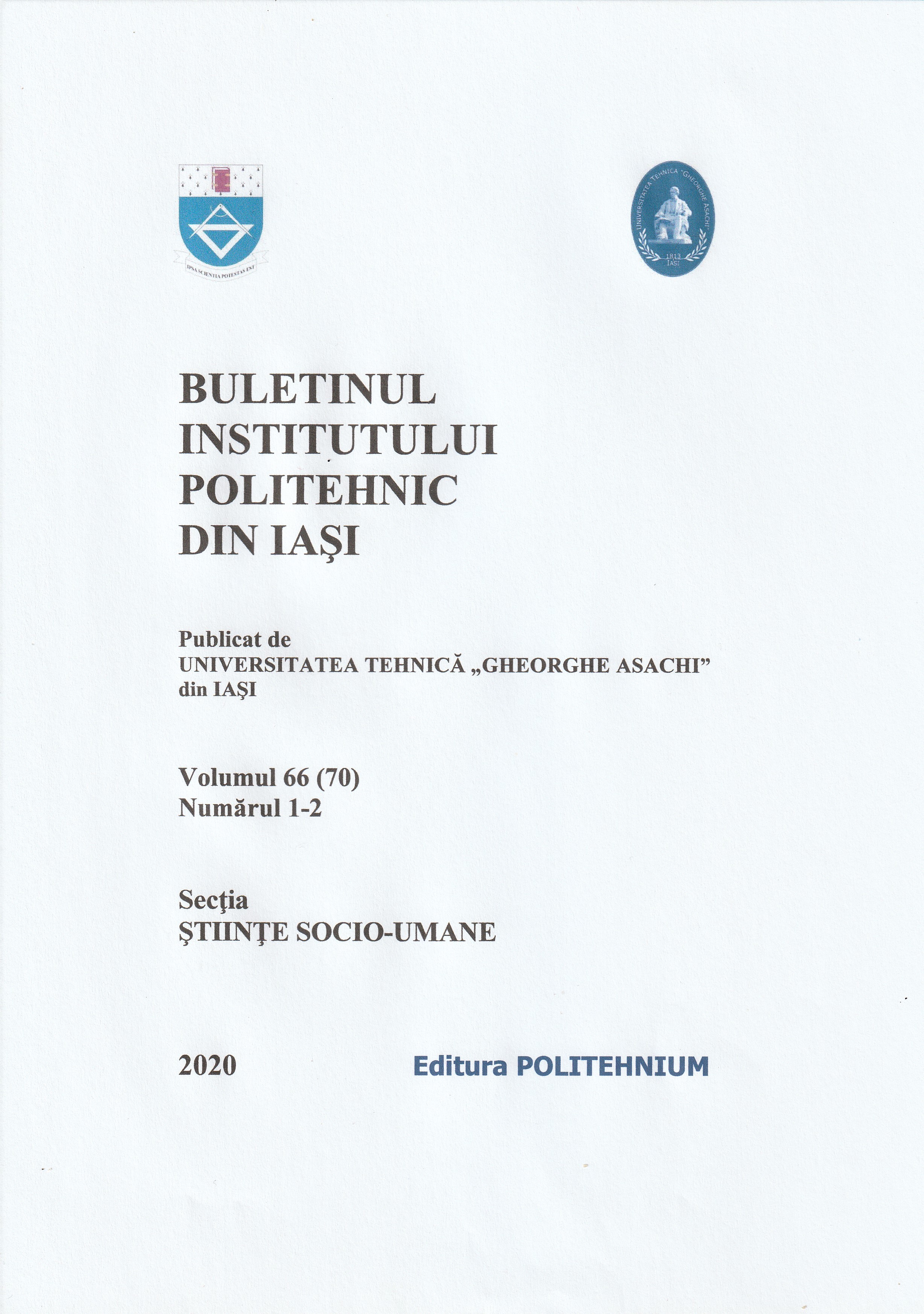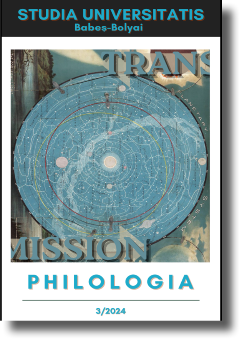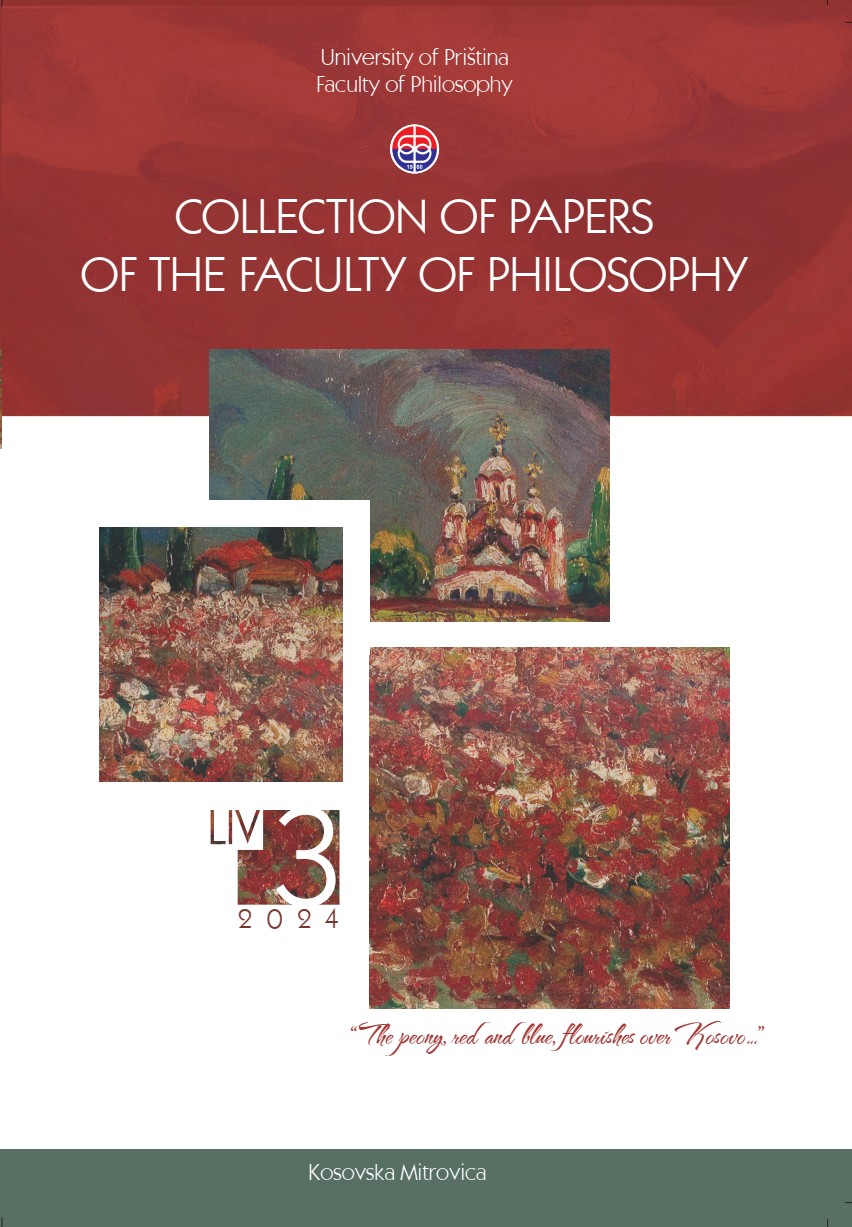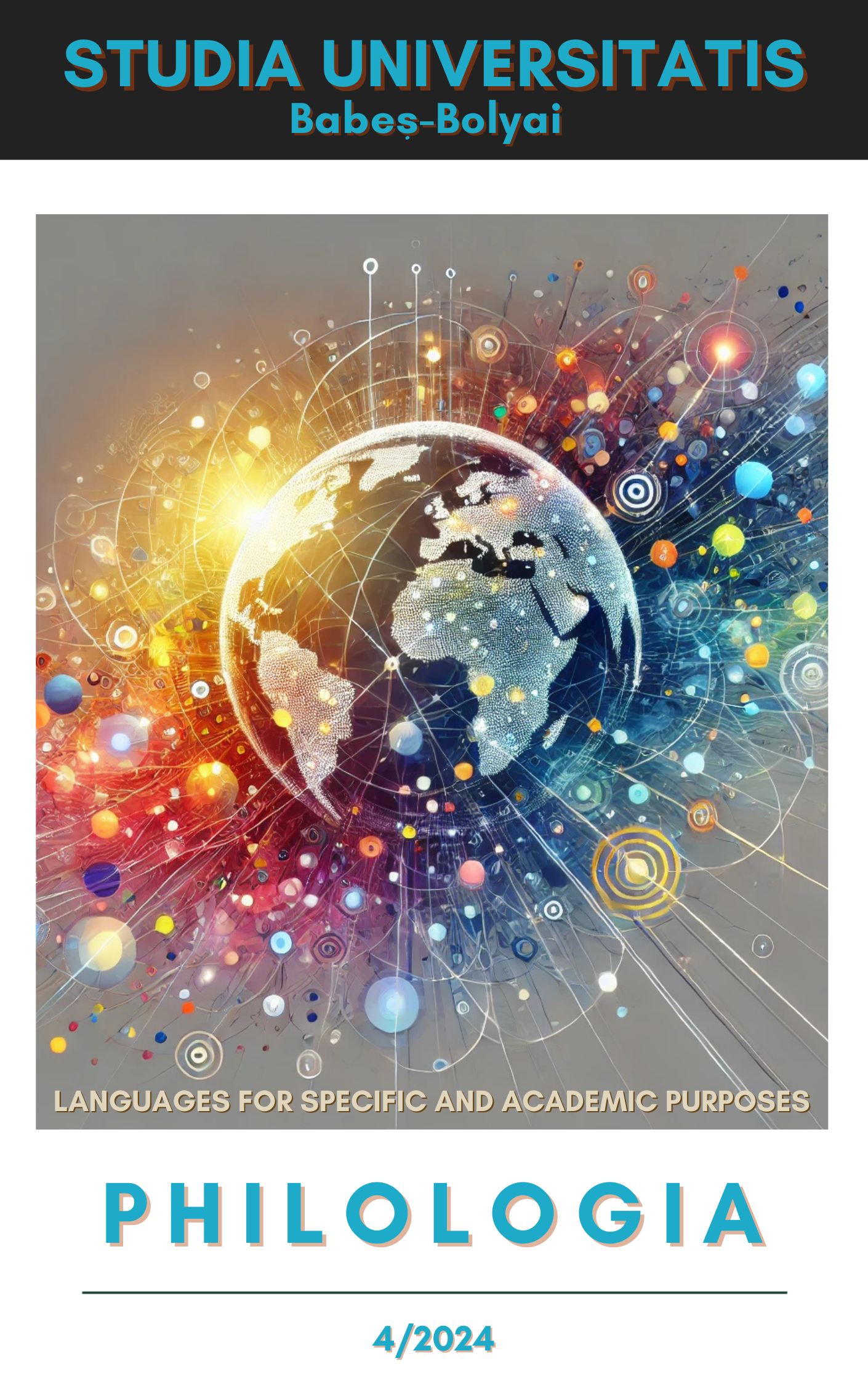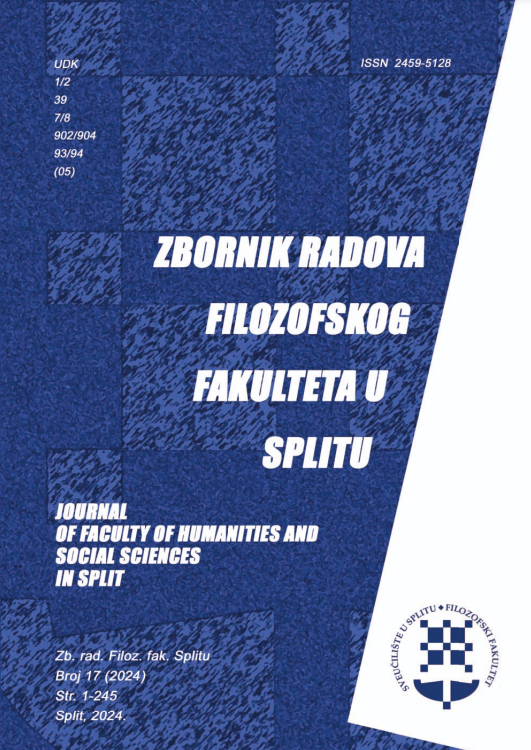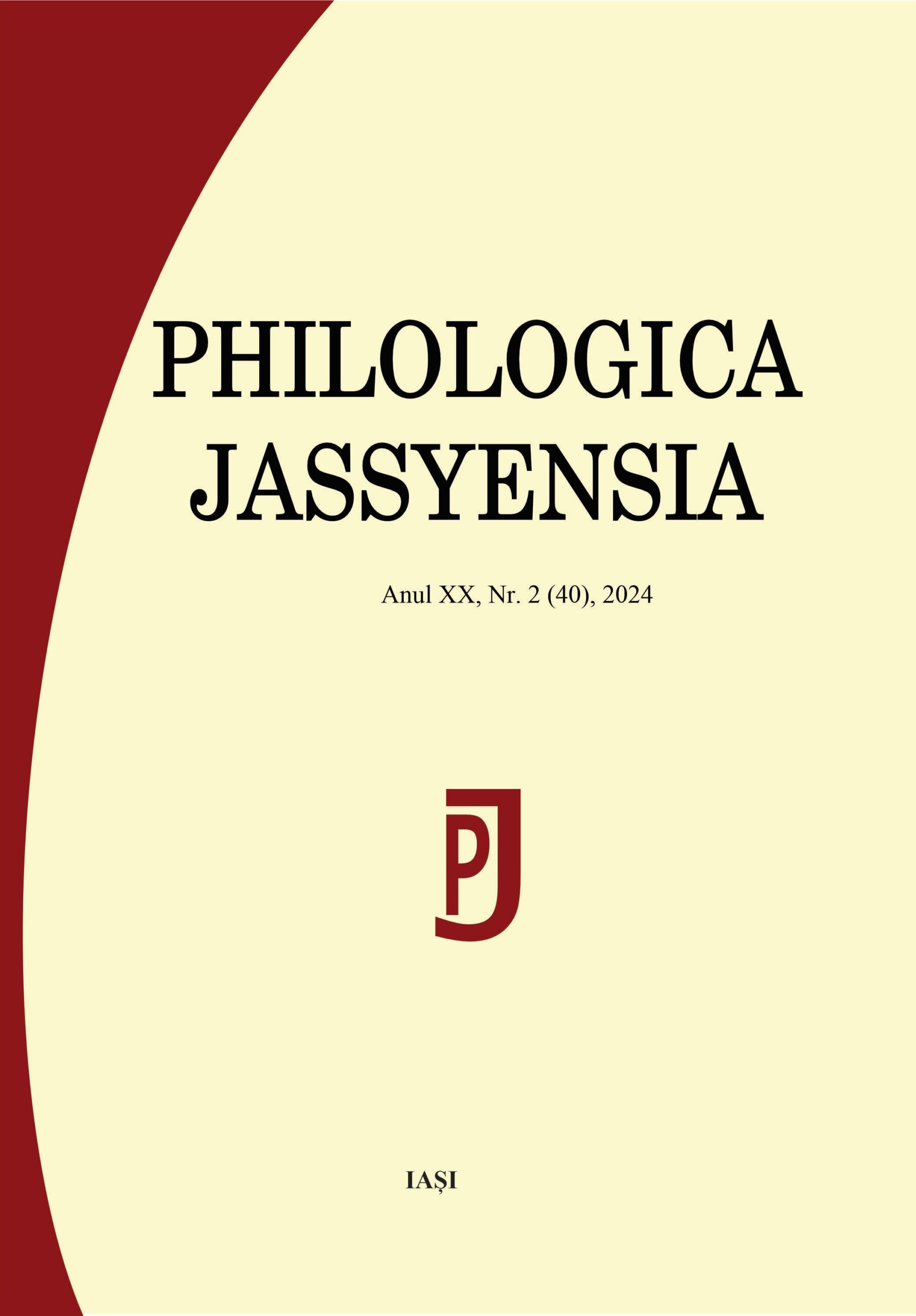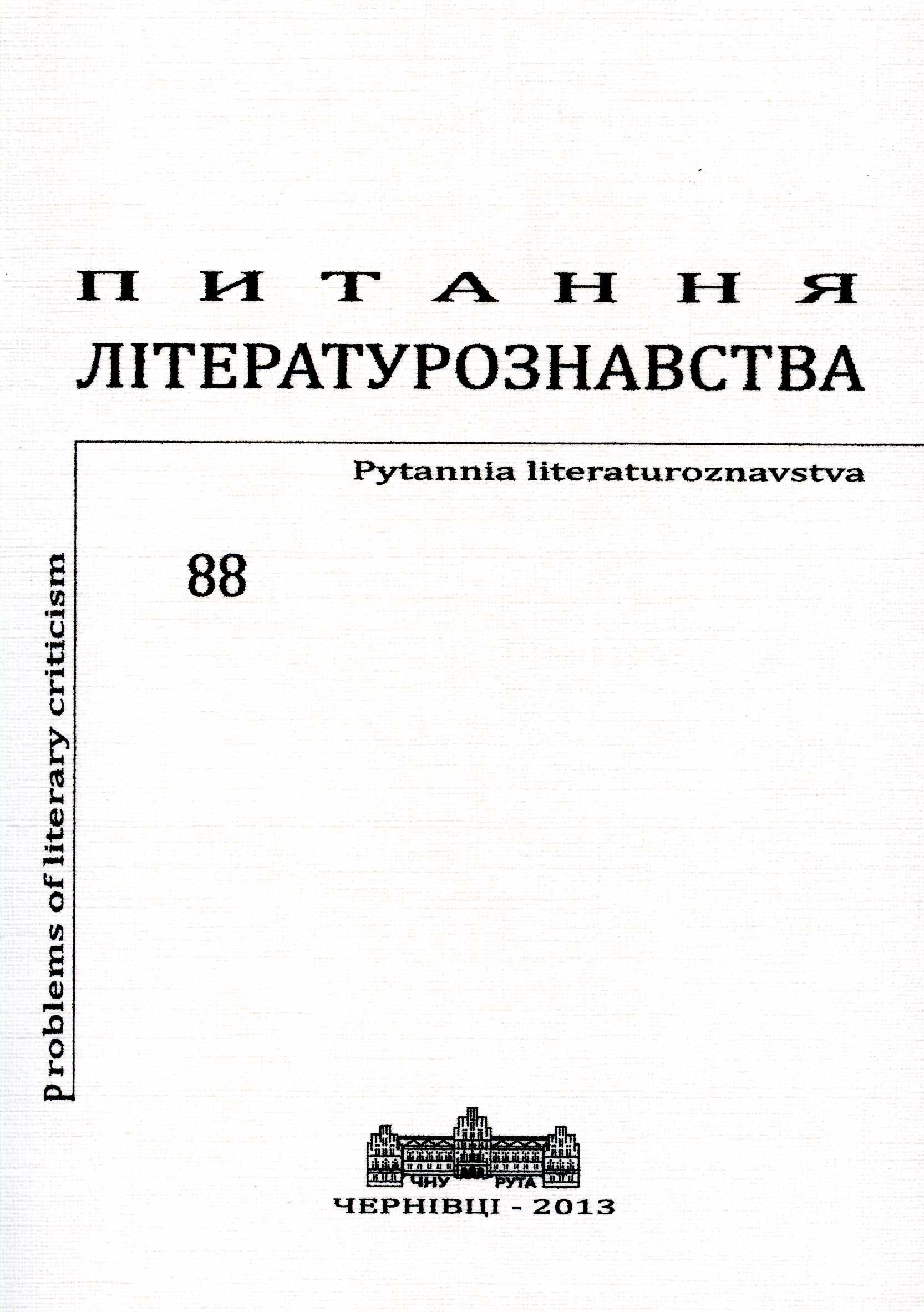
Опозиція метафізичного й авангардного мистецтва в повісті “Вежа з чорного дерева” Дж. Фаулза
In the paper, the philosophical features of the novel “The Ebony Tower” by John Fowles have been defined. The purpose of the research is to outline epistemological twists in the British postmodernism which reinforces the modernistic views and provides new paradigms of the post-postmodern aesthetics and arts. Besides, the place of the novel in the history of the contemporary English literature has been indicated. The methodological approach of the paper concentrates on the sociocultural analysis of the text; the interpretations correspond with the cultural context and the visualized ideas are correlated to the specifically conceptualized cultural models of art. The benefits of this study prove that the represented text proclaims ideas of the two oppositional conceptions of arts: avant-garde (reductionistic) and traditional (phenomenological). However, the findings of the analysis demonstrate that no one of these two theories can be absolutely “positive” or ‘negative’. The novel implies that the new cultural paradigm is in the process of formation, and its specific features demonstrate the interrelations between aesthetics and ethics, sciences and humanities, social and anti-social (sociopathic). The author of the paper considers the opposition between these two views on the nature of art: ontological (phenomenological) and avant-garde (reductionistic); their inherent characteristics have been explored taking into account the peculiarities of the post-postmodernism. Hence, the novel can be featured as a text which corresponds not only with modernism and postmodernism as cultural and epistemological binaries but also with the new paradigm of thinking which is neither modernistic nor postmodernistic.
More...
